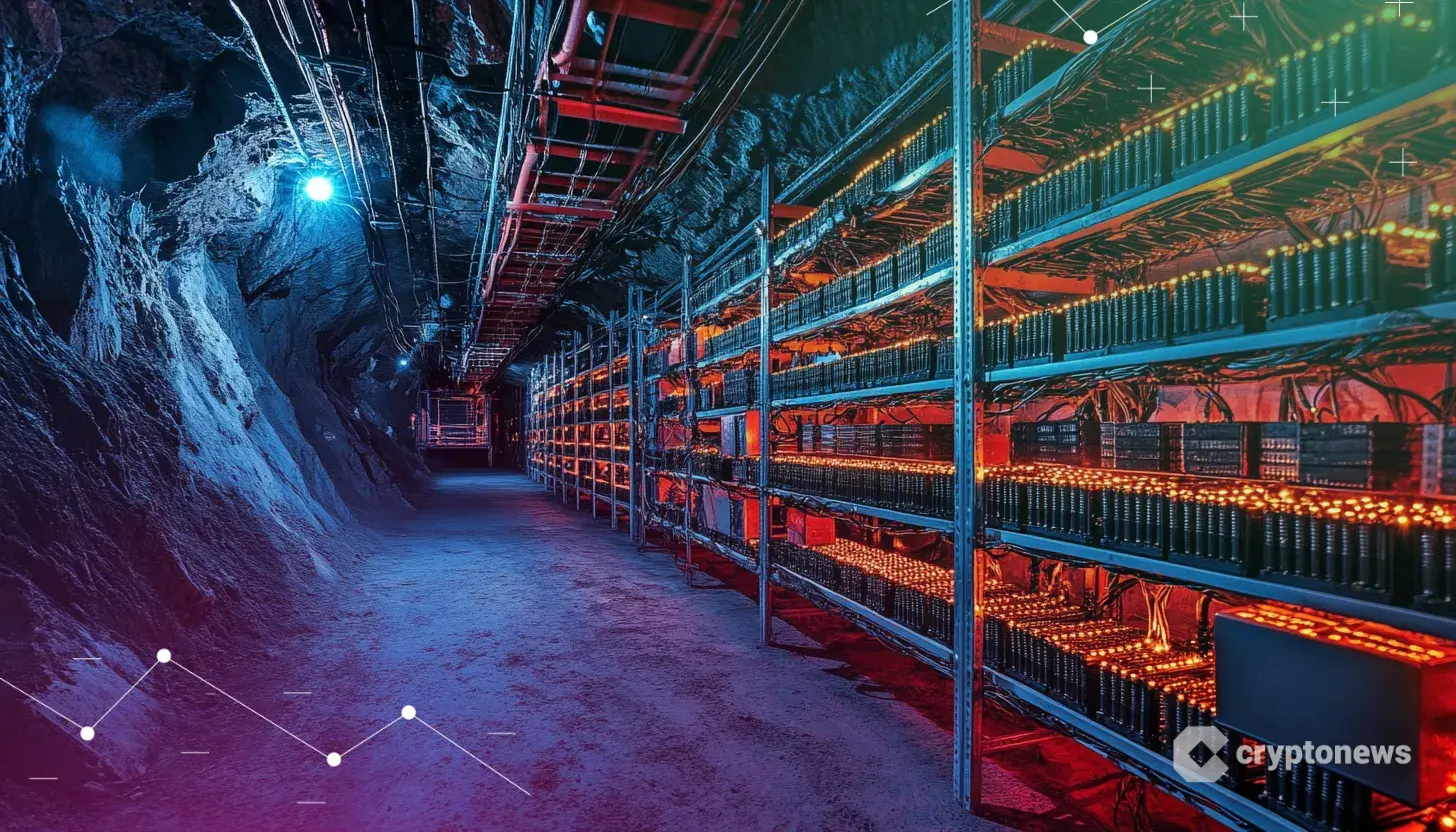Russian Bitcoin miners have expressed growing concerns over a newly introduced government registry that requires them to disclose sensitive information, including cryptocurrency wallet addresses.
Since its implementation in November 2024, the registry has sparked fears of potential data leaks that could expose miners to international sanctions.
While miners comply with the registration process, uncertainty looms over the security of their data.
Government Assurances on Data Protection Fail to Reassure Russian Miners
These miners worry that if their data is leaked, they could face severe consequences, including international sanctions.
Despite government claims that the information is securely stored within a “separate internal protected system,” miners remain unconvinced, citing past incidents of major data breaches in Russia.
Anton Gorelkin, a Russian lawmaker overseeing information policy, has voiced these concerns. In a Telegram post on February 7, he warned that any data breach could be highly damaging, making Russian Bitcoin miners targets for Western sanctions.
“A data leak could be a big gift to our geopolitical opponents,” Gorelkin said, emphasizing the potential political and economic fallout. He also noted that the mining industry could face further international isolation if such information were to be exposed.
The Federal Tax Service, responsible for managing the registry, asserts that all collected data is kept within an internal system that is difficult for unauthorized external parties to access.
However, even with these assurances, cybersecurity experts argue that complete data protection is nearly impossible.
Gorelkin referenced past breaches, particularly in 2024, when Roskomnadzor, Russia’s communications watchdog, recorded over 710 million data records exposed.
Sanctions and the Growing Pressure on Russian Bitcoin Miners
Although Russia’s mining sector itself has not been directly sanctioned, firms with ties to Russian crypto operations have faced restrictions, fueling concerns among miners.
In 2022, the U.S. Department of the Treasury’s Office of Foreign Assets Control (OFAC) imposed sanctions on BitRiver AG, a Swiss-based company with mining operations in Russia.
The U.S. Treasury has since expanded its efforts, targeting Russian entities suspected of facilitating sanctions evasion through cryptocurrency services.
In March 2024, 13 Russian organizations, including mining companies and fintech firms like B-Crypto and Masterchain, were added to the sanctions list.
New Electricity Restrictions Add to Miners’ Challenges
In addition to data security concerns, Russian Bitcoin miners are facing new restrictions on electricity consumption, with the government capping private mining operations at 6,000 kWh per month.
Any miner exceeding this limit must register their operation with the Federal Tax Service and disclose wallet addresses, further increasing regulatory oversight.
Beyond the registry for wallet addresses, Russia’s Energy Ministry is advocating for a national database of mining hardware.
Miners fear this could introduce further regulatory scrutiny and limit their operations, adding to the growing uncertainty surrounding the future of Bitcoin mining in Russia.
The post Russian Bitcoin Miners Fear Sanctions as Government Enforces Wallet Address Registration appeared first on Cryptonews.
News – Read More










